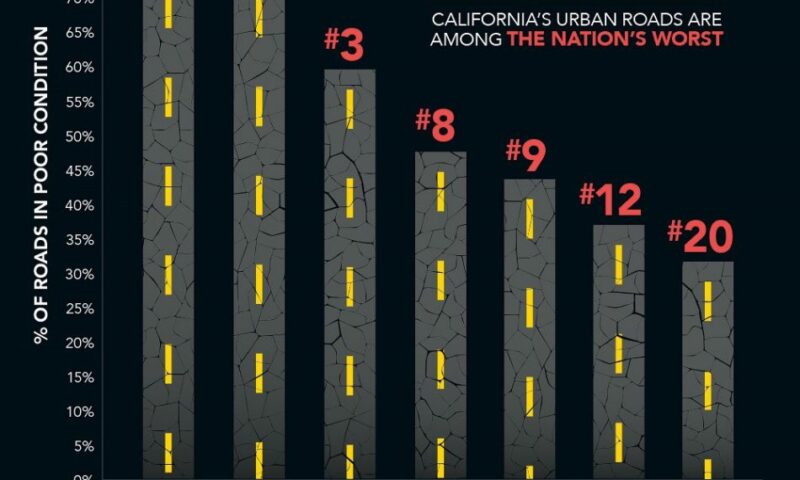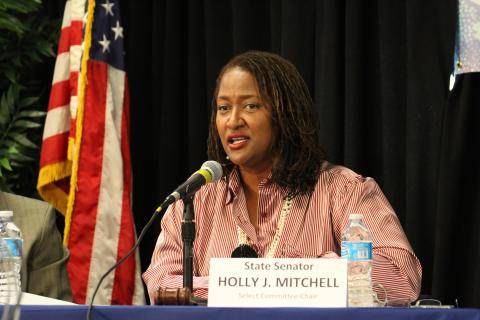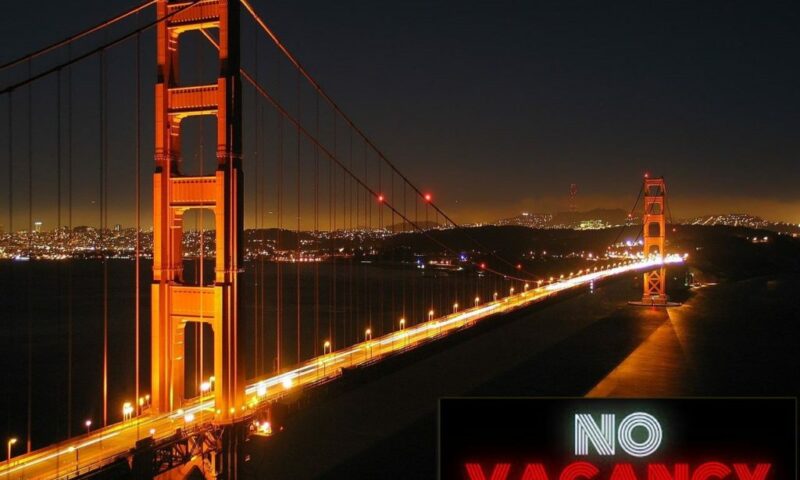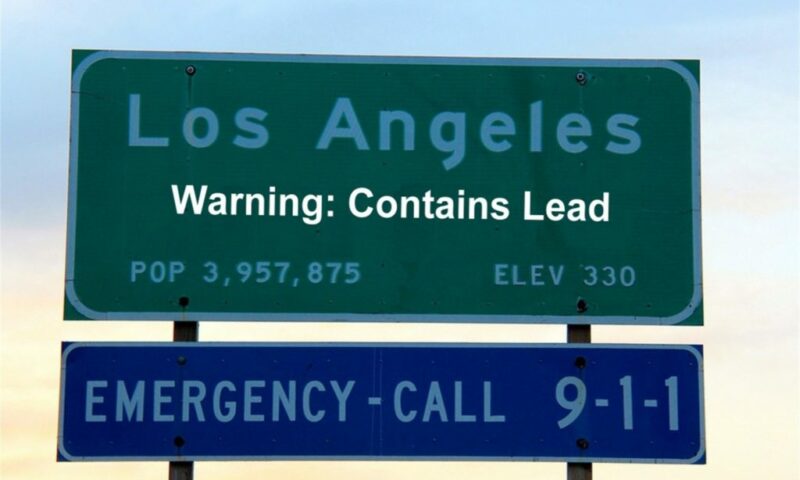

State lawmakers returned from the Labor Day weekend to face a potential Greek tragedy as the current legislative session enters its final days. Taking center stage is a contentious battle pitting the oil industry, the California Chamber of Commerce and a group of business-friendly Democrats against two history-making global warming measures.
Senate Bill 32, authored by Senator Fran Pavley (D-Agoura Hills), seeks to extend the greenhouse gas (GHG) emission reductions already achieved by Assembly Bill 32, a bill Pavley helped write as an assemblymember, and which became the state’s highly effective 2006 carbon cap-and-trade law.
Senate Bill 350 is the attempt by Senate President Pro Tem Kevin de León (D-Los Angeles) to spell out the “Golden State Standards 50-50-50” that Governor Jerry Brown unveiled in January’s State of the State address. It would require California to double the energy efficiency of its older buildings,
» Read more about: Sacramento Battle Over Historic Climate Change Bills »


Lucy Dunn has a message for Republican lawmakers: Approve new revenue now to fix California’s decaying highway and bridge system or face severe economic consequences that will be felt throughout the state for decades.
Dunn is no big-spending liberal and you won’t find a Proud to Be Union bumper sticker on her car. In fact, she’s president of the influential Orange County Business Council and a card-carrying Republican. But to Dunn, funding long-neglected transportation maintenance and repairs is an existential issue for California’s business community.
“If you can’t move people and goods on safe roads and bridges, you cannot do business in the state,” Dunn tells Capital & Main.
California ranks 45th among the 50 states for overall highway performance.
This fundamental lesson was brought to urgent life in July,
» Read more about: Can a Business-Labor Alliance Save California’s Infrastructure? »


Disabled and elderly Californians have cause to worry as time marches forward to June 30, 2016. That’s the deadline for Governor Jerry Brown and state legislators to find a permanent solution to keep whole one of California’s largest assistance programs for the state’s most vulnerable populations.
For this fiscal year, a seven percent cut– $226 million–was restored to the In-Home Supportive Services (IHSS) program in June. But without solid funding for the future, nearly a million adults, children and their caregivers face losing hours of service and wages again.
The restoration of the cuts was a huge victory for consumers of IHSS’s services, according to Brandi Wolf, California policy director for the United Long Term Care Workers (ULTCW), “but living from year to year [involves] a tremendous amount of uncertainty. We can’t ask consumers to live in this uncertain world.” ULTCW, an affiliate of the Service Employees International Union, represents many IHSS workers.
» Read more about: Vulnerable Home Care Recipients Fear Losing Services—Again »


In 1936, during the throes of the Great Depression, FDR addressed a deeply divided and economically insecure nation on the eve of Labor Day:
“There are those who fail to read both the signs of the times and American history. They would try to refuse the worker any effective power to bargain collectively, to earn a decent livelihood and to acquire security. It is those short-sighted ones, not labor, who threaten this country with that class dissension which in other countries has led to dictatorship and the establishment of fear and hatred as the dominant emotions in human life.”
The parallels to what’s happening today are remarkable.
While the circumstances differ from now, the insecurity so many felt in 1936 is as strong as it was then. It exists across sectors. It exists regardless of geography. It exists because the wealthy few have reaped the rewards of our labor without sharing the prosperity.
» Read more about: This Labor Day Unions Remain a Beacon of Hope for Millions »


According to a Sacramento Bee story published today, California State Senator Holly Mitchell (D-Los Angeles) has dropped her campaign to pass Senate Bill 23, which would have repealed the Maximum Family Grant rule, a 20-year-old law that blocked state welfare services for children born to mothers who receive welfare. The Bee’s Capitol Alert story reported,
Mitchell’s bill is currently awaiting a vote on the Assembly floor, and she said she would instead push to get the policy into next year’s budget.
“How would we pay for it?” Mitchell said. “Because of the huge price tag, I’m going to continue working with the administration during the interim.”
Writing in Capital & Main, Judith Lewis Mernit recently described the Maximum Family Grant rule as “a relic of a 1990s-era conservative belief that women were deliberately having more babies just to rake in more benefits,
» Read more about: Holly Mitchell Drops Bid to Restore Child Welfare Cuts »


As the edge of summer burns into early autumn, students across the country are going back to school. Most are returning to friends and meeting teachers, but students at Illinois’ Barrington High School are arriving this year to signs that read, “Can’t live on $8.50,” and shouts of “Devuelvenos nuestros salarios!” (Give us back our wages!)
A majority of the school’s contracted janitors—organized by the Service Employees International Union—are striking because, after the Barrington school district renewed a contract with its employer in June, their wages were cut from $9.77 an hour. Already without sick days and health insurance, the janitors are now faced with even lower poverty wages.
As our publication, Making the Grade? Questions to Ask About School Services Privatization, discusses, school districts often don’t save money when they outsource support positions rather than keep them in-house. When contractors aim to maximize profit,
» Read more about: Outsourcing: Maximum Profits, Minimum Standards »


Though we tend to associate it with barbecues and retail sales, Labor Day is a holiday honoring the American labor movement. And an easy way to celebrate the movement that brought us the minimum wage, an 8-hour workday and an end to child labor is by buying Sam Adams, Doritos, and other union-made nosh for Monday’s get-togethers.
All the products listed below are made by unionized workers . You can find a more comprehensive list over at the website Labor 411.
Chips & Dip
Tostitos Chips, Salsas, and Dips
Mission Chips, Salsas, and Dips
Doritos
Cheetos
Fritos
Rold Gold Pretzels
Meat & Buns
Ball Park franks
Hebrew National franks
Oscar Meyer & Boar’s Head hot dogs
Sara Lee buns
Oroweat buns
Condiments
Heinz Ketchup
French’s Mustard
Vlasic (Relish,
» Read more about: A Labor-Friendly Shopping List for Labor Day »


For some people, renting a house or apartment in San Francisco is easy. If your gross pay adds up to $200,000 a year, for example, you might feel fine about sinking a third of this year’s salary into a bright, one-bedroom South Beach loft, or a two-bedroom loft with a view in the Castro District . On less money – say, around $100,000 in take-home pay – you could reasonably afford a Union Square studio, or a 550-square-foot studio for $2,800 in Pacific Heights. Even if you invest no more than a third of your income in rent (the traditionally recommended ceiling), you could live in a one-bedroom apartment in Ingleside, near the San Francisco State University campus. You would have options.
But say you actually work on campus — as a teacher, librarian or groundskeeper. Say you want to go to school there, and not have to commute more than a dozen miles in the morning.
» Read more about: San Francisco Professors and Students Face Staggering Rents »


A nationwide group of self-described small and independent business owners has joined the legal battle to appeal California’s landmark lead paint court ruling. But questions have arisen about the actions of the National Federation of Independent Business (NFIB), which, through its Small Business Legal Center, is part of an amici curiae (“friends of the court”) brief filed on behalf of the defendants in California’s 6th Appellate District Court of Appeal in San Jose.
Why is NFIB, which reports that most of its member businesses employ only three to five workers, going to bat for the case’s three multinational corporate defendants?
About 1.5 million homes in L.A. County built before 1978 probably contain lead-based paint.
In December 2013, Santa Clara County Superior Court Judge James Kleinberg ordered ConAgra, Sherwin-Williams and National Lead (NL Industries) to pay $1.15 billion to three California cities and seven counties,
» Read more about: ‘Mom and Pop’ Business Group Fights Lead Paint Ruling »


I’ve always thought that if the various Protestant denominations can be said to represent a socio-economic sector of American culture, then the people who made up the United Methodist Church (UMC) were the middle of the middle. I mean that across the country and particularly in this region, which includes Southern California, Methodists never wanted to be bothered about too much social or economic justice, and when they were it was a sign that even the center of the country was getting on board.
Arguments against divestment from fossil fuels parallel those against divestment from South Africa.
I can vividly remember when, in the early 1970s, the UMC in my region finally climbed on board the national grape boycott to support farm workers, just as I can recall when the Conference (as the regional body is called) decided to push for divestment in South Africa.
» Read more about: Climate Change and Oil Portfolios: Divesting in the Future »